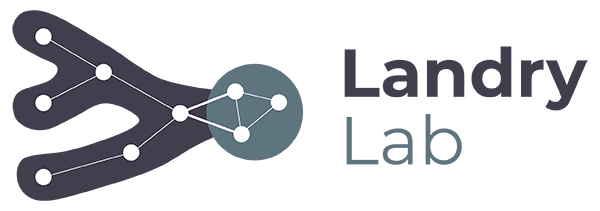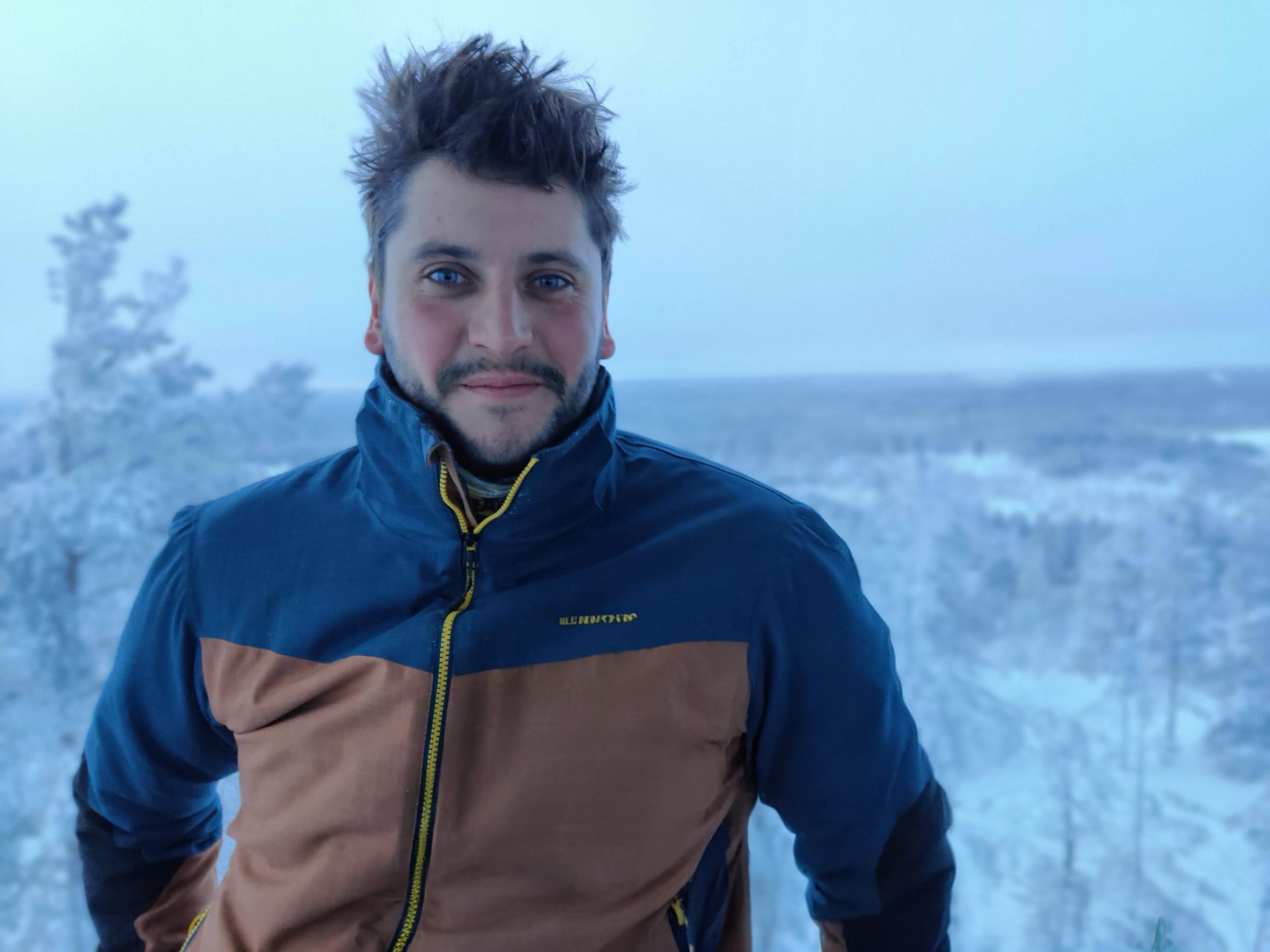Hans Carolus, PhD
Postdoctoral fellow / Antifungal resistance
e-mail: hans.carolus.1 [at] ulaval.ca
Biography
I was born in a small ancient town called Tongeren, in Belgium, and as a child I was always fascinated by plants and animals (fungi were not on the radar yet). In 2013, I moved to Leuven to study Biology.
During my Bachelor’s, I was first introduced to the awesome world of scientific research, exploring the genetic diversity of Schistosoma parasites from the Democratic Republic of Congo in the Laboratory of Biodiversity & Evolutionary Genomics at KU Leuven. My fascination with neglected pathogens deepened during my Master’s in Biology at KU Leuven and an Erasmus exchange in the Microbiology program at UPMC in Paris, where classes in parasitology and mycology further inspired my academic path.
For my Master’s dissertation, I conducted a field study on trematode-snail associations in the largest man-made lake in the world: Lake Kariba, Zimbabwe. This project, a collaboration between the Belgian Royal Museum for Central Africa, the University of Zimbabwe, and KU Leuven, taught me how to conduct independent research, collaborate, and publish the findings. This truly ignited my ambition to pursue a research career. While sampling among grazing African wildlife in the blazing sun was a dream scenario for a biologist, for my next step, I wanted to learn more techniques, especially in molecular biology. Reading DNA was cool, but changing it to study evolution sounded super exciting. There was lots of microbiology doing this, but I still wanted to focus on a neglected pathogen. I found this in the fascinating world of pathogenic fungi!
In 2018, I began my PhD in the Laboratory of Molecular Cell Biology at KU Leuven, focusing on the evolutionary dynamics of antifungal drug resistance in the emerging pathogen Candida auris. I used experimental evolution and CRISPR gene editing to study this “new kid on the block” in medical mycology. Across multiple projects and amazing international collaborations, we uncovered novel resistance mechanisms and trade-offs like collateral sensitivity—findings that in the future might inform more effective therapeutic strategies. In 2023 I obtained my PhD, and after a year as a postdoc at KU Leuven, I joined the Landry Lab to deepen our understanding of collateral sensitivity using deep mutational scanning. Supported by EMBO and Banting fellowships, I continue to investigate how antifungal resistance evolves—and how we might outsmart it.
Research interests
Evolution inspired me to study biology. Microbiology—where evolution unfolds on an observable time scale—quickly became my favorite subdiscipline, and neglected pathogen research continues to captivate me most. I found the perfect intersection of these interests in the evolution of drug resistance in pathogenic fungi, a neglected threat with major public health implications.
Publications

Carolus H, Sofras D, Boccarella G, Sephton-Clark P, Biriukov V, Cauldron NC, Romero CL, Vergauwen R, Yazdani S, Pierson S, Jacobs S, Vandecruys P, Wijnants S, Meis JF, Gabaldón T, van den Berg P, Rybak JM, Cuomo CA, Dijck PV. Acquired amphotericin B resistance leads to fitness trade-offs that can be mitigated by compensatory evolution in Candida auris. Nature Microbiology 9, 3304-3320 (2024)

Carolus H, Sofras D, Boccarella G, Jacobs S, Biriukov V, Goossens L, Chen A, Vantyghem A, Verbeeck T, Pierson S, Romero CL, Steenackers H, Lagrou K, van den Berg P, Berman J, Gabaldón T, Dijck PV. Collateral sensitivity counteracts the evolution of antifungal drug resistance in Candida auris. Nature Microbiology 9, 2954-2969 (2024)

